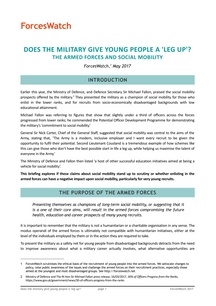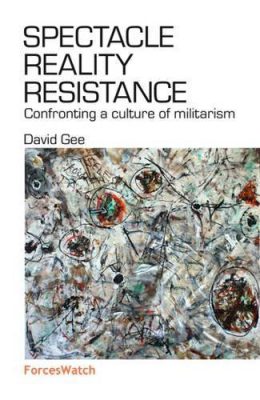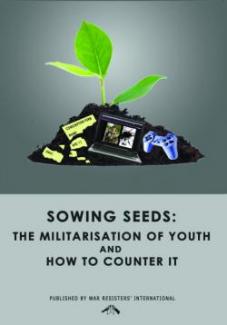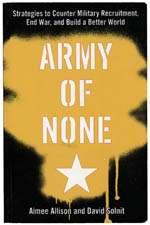book/paper
book/paper
Warrior Nation: war, militarisation and British democracy – films
These presentations were recorded at the launch of the report Warrior Nation: war, militarisation and British democracy by Paul Dixon (published by ForcesWatch) in June 2018 in London.
- Warrior Nation: war, militarisation and British democracy, by Professor Paul Dixon
- Military Britain by Professor Joanna Bourke
- Militarism in public life in the UK, Emma Sangster, Coordinator of ForcesWatch
Does the military give young people a ‘leg up’? The armed forces and social mobility

This briefing explores if these claims about social mobility stand up to scrutiny or whether enlisting in the armed forces can have a negative impact upon social mobility, particularly for very young recruits.
Is it Counterproductive to Enlist Minors into the Army?
This article, written by Child Soldiers International and published in the Royal United Service Institute Journal, argues that raising the UK enlistment age from 16 to 18 would bring benefits to young people and the British armed forces. The article explains that the UK’s low enlistment age is counterproductive internationally, as it implies to other countries that it is acceptable to use children under the age of 18 to staff national armed forces.
Spectacle, Reality, Resistance: Confronting a culture of militarism

The military’s influence in UK education

by Emma Sangster in Sowing Seeds: The Militarisation of Youth and How to Counter It, War Resisters International, 2013
‘Catch them young before the army loses them’

by David Gee in Sowing Seeds: The Militarisation of Youth and How to Counter It, War Resisters International, 2013
Army of None

Strategies to counter military recruitment, end war, and build a better world by Aimee Allison and David Solnit, 2007This is a book from the heart of the vibrant counter recruitment movement in the United States. It looks at the many ways in which schools and communities have become targets for military recruiters and how those schools and communities have responded - with a powerful movement that seeks to resist the militarisation of young people.
